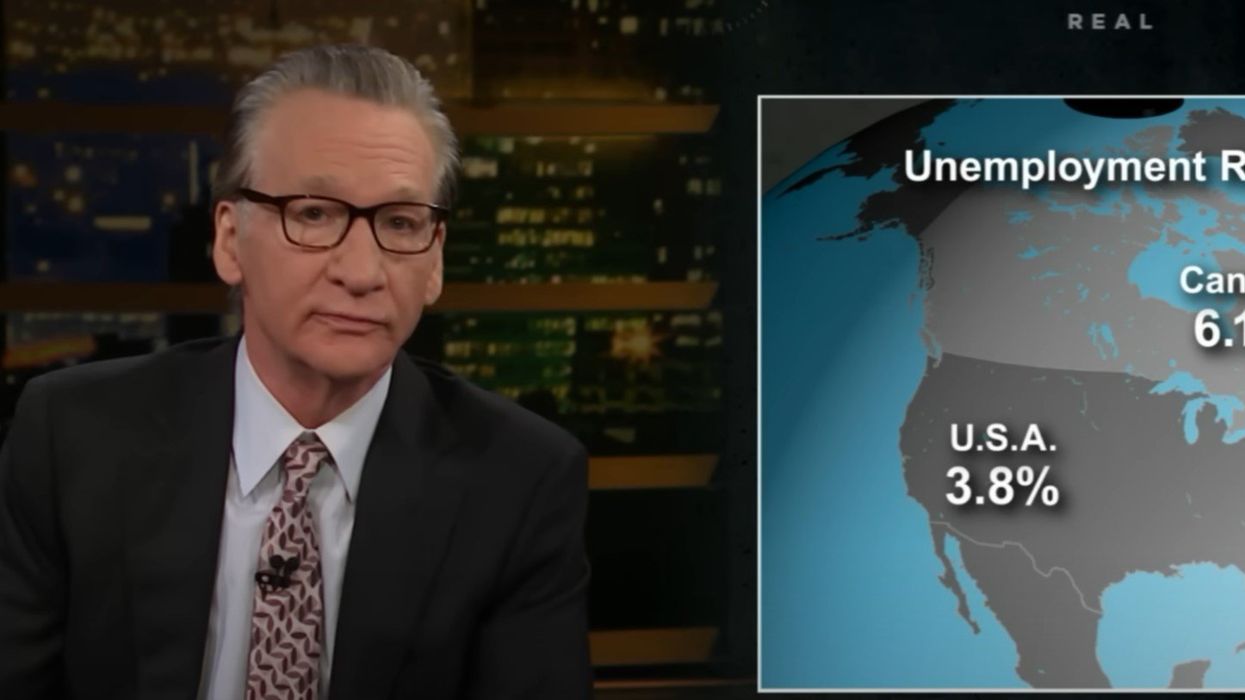
© 2024 Blaze Media LLC. All rights reserved.
It’s a crisis of trust that only engaged citizens can combat – but will they?
 During a joint news conference with visiting British Prime Minister David Cameron, President Barack Obama defends his administration's actions in the wake of the attacks on the U.S. consulate in Benghazi, Libya, last year. (AP)
During a joint news conference with visiting British Prime Minister David Cameron, President Barack Obama defends his administration's actions in the wake of the attacks on the U.S. consulate in Benghazi, Libya, last year. (AP)
Watching the recent Benghazi hearings it's easy to understand why Americans feel more disconnected from the political process than ever before and trust in government is at near historic lows. The Benghazi crisis is a watershed moment not just for the Obama Presidency but for the nation as a whole. Every time an American feels like they’re being snowed in by the political class and disengages from the process, our nation is weakened and freedom is imperiled. Ben Affleck Syndrome spreads. It’s a crisis of trust that only engaged citizens can combat – but will they?
What anyone watching television on September 11th last year knew almost instinctively was that a terrorist attack was taking place on American soil in Libya. Then we watched something more shocking unfold in the form of a cover-up by an Administration singularly focused on protecting its world view. The Administration has thus far gone on to blame a YouTube video, the State Department, embassy officials, the CIA and the military for what was blatant political maneuver during a reelection campaign.
Today, eight months later the Obama spin machine is out of control trying to defend the indefensible. No matter what the White House’s line may be, they can’t escape the fact that they controlled the response to this incident. That’s how communications work during a crisis of this magnitude. I’ve worked at a national security agency. Decision-making rises straight to the top.
Hilary Clinton was complicit, but not the architect of the scheme. It was conceived by the only entity that legally, operationally and practically had the ability to make the decisions the so-called whistleblowers allege. They all work at the White House. More specifically, the President’s National Security Advisor and the White House political staff, with the full consent of President Obama. Clinton, Ambassador Susan Rice and countless other Democrat officials parroted the Administration’s line – even though it defied all logic.
The president is now left trying to explain away the abdication of his responsibility as Commander-in-Chief in favor of a course of action that reeks of self-serving political strategy. Keep in mind, nobody died during the Watergate break-in. This is a big deal and another reason for folks to walk away from the system.
This all leads me to Ben Affleck Syndrome. Earlier this month Reader’s Digest released its list of the 100 Most Trusted People in America. Ben Affleck was number 45. That’s right, Ben Affleck is, according to the poll, the 45th most trusted man in America. Tom Hanks was #1. President Obama was more than half way down the list. He should be grateful he made the list at all.
Now for good measure, the Readers’ Digest poll’s methodology is suspect, considering that there are a bunch of Nobel Prize winners on there I can’t believe a random sample of Americans know enough about to rank them in the top 25 let alone the top 100. Reading the list, it’s also clear that there is strong liberal bias. The methodology isn’t the point. It’s the fact that even with the deck stacked in his favor the president didn’t make the top 50% and no other elected official of either party even made the list.
This survey was about trust the most among those in the public eye. We simply can’t afford to live in an America where the people we trust the most in public life are the ones who have little to no impact on our future. We cannot thrive as a nation when, as Time Magazine discussed last week, we are growing a generation of “me, me, me.”
Trust is earned and it’s revocable. Can someone earn your trust by appearing in good movies? True, you are making a decision to pay for a ticket or download a movie so you expect that you will receive a return on that in the form of some level of enjoyment. But that’s it. Actors read lines as part of invented scenes and scenarios designed and written by other people. Sports figures can earn our respect and admiration for overcoming adversity, raw talent and tenacity, but what would suggest to anyone that Peyton Manning is someone you would personally trust?
Trust is about faith and faith is about choice. It’s a choice we make over and over – everyday in fact – based on our belief that some person or institution will do something that has at its core our best interests or those of the people and things we care about.
For Americans to rank the President of the United States more than half way down this list is telling about our crisis of confidence in government.
Ben Affleck Syndrome speaks to the idea that in today’s America, we like and trust people who never have to make decisions affecting our lives. We often like and trust the people who never take a stand or tell us no. They are two dimensional. They appear on a screen and say things we like. When we are tired of them, we turn them off.
 WEST HOLLYWOOD, CA - APRIL 09: Actor Ben Affleck attends the premiere of Magnolia Pictures' 'To The Wonder' at Pacific Design Center on April 9, 2013 in West Hollywood, California. (Credit: Getty Images)
WEST HOLLYWOOD, CA - APRIL 09: Actor Ben Affleck attends the premiere of Magnolia Pictures' 'To The Wonder' at Pacific Design Center on April 9, 2013 in West Hollywood, California. (Credit: Getty Images)
If 80% of this Reader’s Digest list disappeared from the face of the earth tomorrow, there would be little consequence to our families and our future.
Technology and mass communication have made our lives far more transactional than ever before. But all this new access to information hasn’t increased our depth of understanding about how the world works. It hasn’t given us a sense of context. It’s made us gravitate toward perceived safer options for discussion, intellectual stimulation, information and entertainment.
Choice is a good thing, but we can’t allow ourselves to live in world where we customize our surroundings so much that we fail to realize or react to challenges that remain in our society.
Ben Affleck Syndrome presents a danger to our democracy, not only because it disconnects us from reality, but because it dulls our impulse to enact real change, fight injustice, protect freedom and be in control of our society. It fosters an apathy that prevents people from reaching beyond their comfort zone. It allows a crisis of trust to exist when it comes to government and fosters misplaced trust on flimsy personalities.
Challenging authority, throwing out a lazy incumbent politician, demanding answers from leadership and standing up for your rights are essential to democracy. They are also uncomfortable positions to take. People make decisions based on assumptions of risk and reward. They are more pragmatic than idealistic and make their choices from the inside-out, first themselves, then their family or household, then community, then local area then the larger world.
It’s so much easier to turn off the hearing, not go to the town board meeting, ignore politics, disengage from government and go watch a movie. That attitude will lead to injustice and servitude.
We all must work to combat Ben Affleck Syndrome. The number of people who “think they’re all crooks” and “my vote doesn’t matter” is growing. We have limited time to get outside our comfort zone, engage in a real debate, work to maintain our Republic and keep a firm grip on reality.
Thomas J. Basile is a Republican political commentator. Follow him on Twitter @TJBasile.com or visit him at www.TJBasile.com
Want to leave a tip?
We answer to you. Help keep our content free of advertisers and big tech censorship by leaving a tip today.
Want to join the conversation?
Already a subscriber?
more stories
Sign up for the Blaze newsletter
By signing up, you agree to our Privacy Policy and Terms of Use, and agree to receive content that may sometimes include advertisements. You may opt out at any time.
© 2024 Blaze Media LLC. All rights reserved.
Get the stories that matter most delivered directly to your inbox.
By signing up, you agree to our Privacy Policy and Terms of Use, and agree to receive content that may sometimes include advertisements. You may opt out at any time.


